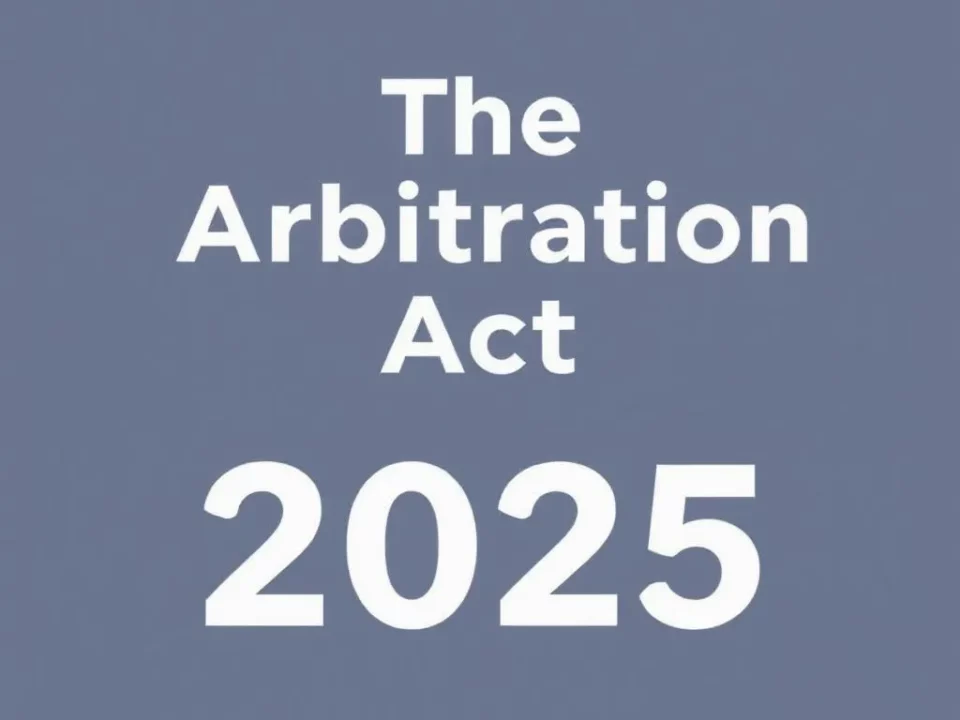A ‘Heretical Synthesis’: Reconceptualising Undue Influence in Lloyd’s Bank v Bundy [1974]
October 7, 2021
National Insurance Increase – “The right, the fair and the reasonable”?
October 9, 2021
Diversity and Equality.
Article written by Demi Akande
“It’s my intention to leave the legal profession more diverse and inclusive than the one I entered, but it’s absolutely clear to me that there must be a shared ambition with each and every one of us playing our part’’
This month black history has entered the UK judicial system, the Bar welcomed its first black female in 196 years. I. Stephanie Boyce now serves as the 177th President of the Law Society.
It is a stepping-stone to advancements in the legal industry and efforts for diversity and inclusion, but it certainly does not end the problem. With the law adapting, changing, and evolving, it is now fundamental for legal professionals to work for modern, strong, diverse and inclusive communities, by working hand in hand, facing challenges and moving forwards positively.
According to the Law Society’s 2020 Race for Inclusion report, only a fifth (17.5%) of practising solicitors in England and Wales are from Black, Asian and minority ethnic backgrounds. This figure falls to 6.5% when you take into consideration larger city firms. A disparity exists as you ascend the professional ladder, with gaps in particular in training contracts and senior roles. Nevertheless, progress has been made at the entry-level in education with 41% of Black, Asian and minority ethnic groups studying law as their first degree.
Building a more diverse and inclusive profession
In her presidential year plan for 2021 to 2022, Boyce sets out her measures to promote access to justice and equality for all under the rule of law. One area of focus is diversity and social mobility in the legal profession, which she views as an area of opportunity. She boldly states that her mission is to leave the profession more diverse and inclusive than the one she entered. This includes the tough stereotypes of what a solicitor should sound like, look like, or where he/she should come from. Her aim is to promote a profession that showcases individuals from all walks of life and backgrounds, with the necessary skills, knowledge, and commitment to be supported, enabled, and empowered throughout their careers.
Boyce acknowledges that this mission is a joint endeavour and will continue working with law firms, legal businesses, and other organizations to open access to the profession for those who experience barriers when entering the law from said ‘non-traditional backgrounds’. Her recommendations include firms executing a strategy and action plan, thereby treating diversity and Inclusion in the same way an organization would treat a business challenge. She encourages transparency around data and target setting, as well as accountability for diversity and inclusion at senior levels. Diversity and inclusion action planning is not just for minorities to uphold, all members of an organization have a role to play in assessing and identifying cultural issues. Boyce advocates focus groups and listening sessions to permit individuals to respond to issues that arise, make changes, and seek feedback.





